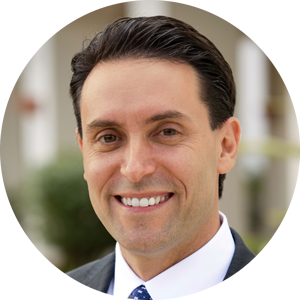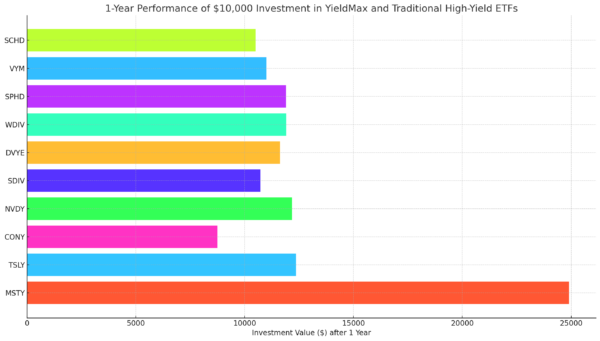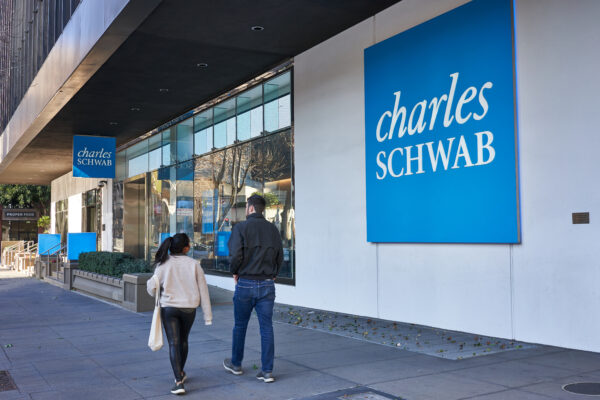Three Safe Dividends in a Rocky World
Our world has been rocked…
Our social lives, work lives and financial lives have all been affected.
The markets went careening over a cliff and then bounced hard last week.
My professional world – the world of dividends – has been especially shaken.
The government’s $2 trillion stimulus package specifies that any company that receives aid cannot pay shareholders dividends until the loans are paid back.
With or without federal aid, some companies may not be able to afford dividends as their revenue and cash flow dry up. Boyd Gaming Corp. (NYSE: BYD) suspended its dividend, as its casinos have been closed to help combat the spread of the coronavirus.
Delta Air Lines (NYSE: DAL) and Boeing (NYSE: BA) also suspended their dividends even before the details of the bailout packages were released.
Making dividends even more precarious is the fact that companies (and management teams) won’t be punished for suspending or cutting dividends the way they might have been a few months ago.
Companies that were struggling a bit but maintaining their dividends for the sake of not angering shareholders now have an excuse for lowering the payouts.
So it’s more important than ever to find companies whose dividend payouts are safe.
Using The Oxford Income Letter‘s SafetyNet Pro tool, which rates dividend safety and has now been adjusted to take into account the dramatic effect the coronavirus has had on businesses, I compiled a list of the safest dividends.
Here are three of them…
Raytheon (NYSE: RTN): Unfortunately, the war business is alive and well and will not be obsolete anytime soon. Raytheon makes missiles, missile defense systems, artillery fire-control systems and many other technologies used in defense.
The coronavirus is unlikely to lower the demand for defense. Free cash flow is forecast to grow to $3.72 billion from $3.53 billion last year. Raytheon is expected to pay out $1.14 billion in dividends, so the company will generate plenty of cash to pay and raise the dividend.
Raytheon currently yields 2.6%.
Snap-on (NYSE: SNA): Snap-on makes tools for the automotive, aviation and mining industries, among others.
It’s too early to tell how Snap-on is doing during the shutdown, but typically during difficult economic times individuals and businesses elect to fix vehicles and machinery rather than buy new ones.
And with an emphasis on holding on to cash, that trend is quite likely to continue over the next few quarters.
Free cash flow is expected to soar 30% this year to $746 million. Meanwhile, the company is projected to pay out $231 million in dividends. So even if free cash flow is a little lighter than forecast, Snap-on will have plenty to fund the dividend.
The toolmaker yields 3.8%.
Waste Management (NYSE: WM): Unless we’re ready to let garbage pile up on the curb, Waste Management should be just fine.
The trash disposal company is estimated to generate $340 million in free cash flow in 2020 while paying out $142 million in dividends.
The company’s volumes may decline a little, as people are consuming less, but it’s hard to imagine its cash flow being so brutally impacted that its dividend would be in jeopardy.
And once social restrictions are lifted, there will likely be so much consumption that we will create even more mountains of garbage for Waste Management to haul away.
The stock yields 2.2%.
All three stocks are rated “A” by SafetyNet Pro.
 |
About Marc Lichtenfeld
Marc Lichtenfeld is the Chief Income Strategist of Investment U’s publisher, The Oxford Club. He has more than three decades of experience in the market and a dedicated following of more than 500,000 investors.
After getting his start on the trading desk at Carlin Equities, he moved over to Avalon Research Group as a senior analyst. Over the years, Marc’s commentary has appeared in The Wall Street Journal, Barron’s and U.S. News & World Report, among other outlets. Prior to joining The Oxford Club, he was a senior columnist at Jim Cramer’s TheStreet. Today, he is a sought-after media guest who has appeared on CNBC, Fox Business and Yahoo Finance.
Marc shares his financial advice via The Oxford Club’s free daily e-letter called Wealthy Retirement and a monthly, income-focused newsletter called The Oxford Income Letter. He also runs four subscription-based trading services: Technical Pattern Profits, Penny Options Trader, Oxford Bond Advantage and Predictive Profits.
His first book, Get Rich with Dividends: A Proven System for Earning Double-Digit Returns, achieved bestseller status shortly after its release in 2012, and the second edition was named the 2018 Book of the Year by the Institute for Financial Literacy. It has been published in four languages. In early 2018, Marc released his second book, You Don’t Have to Drive an Uber in Retirement: How to Maintain Your Lifestyle without Getting a Job or Cutting Corners, which hit No. 1 on Amazon’s bestseller list. It was named the 2019 Book of the Year by the Institute for Financial Literacy.






